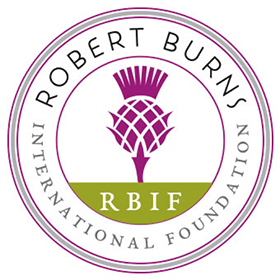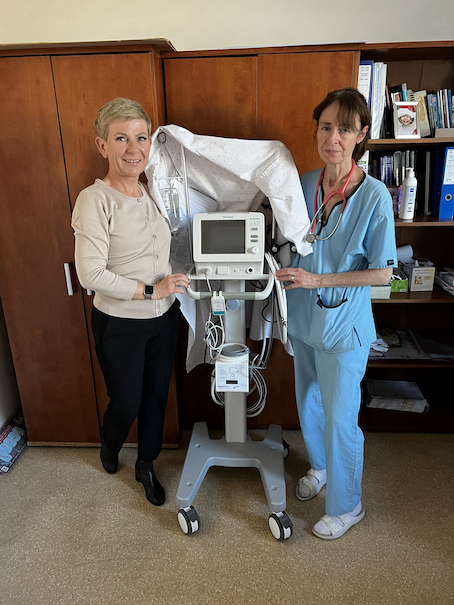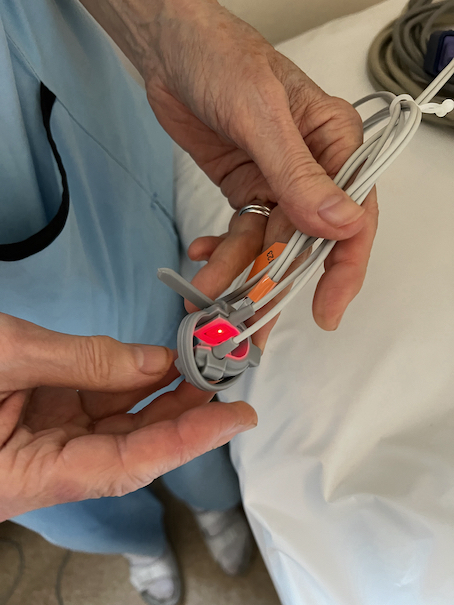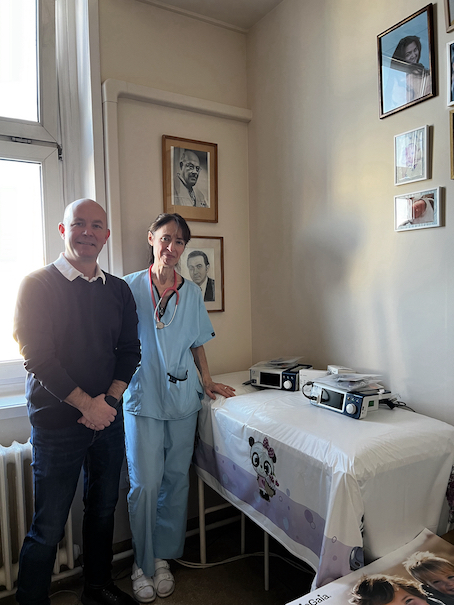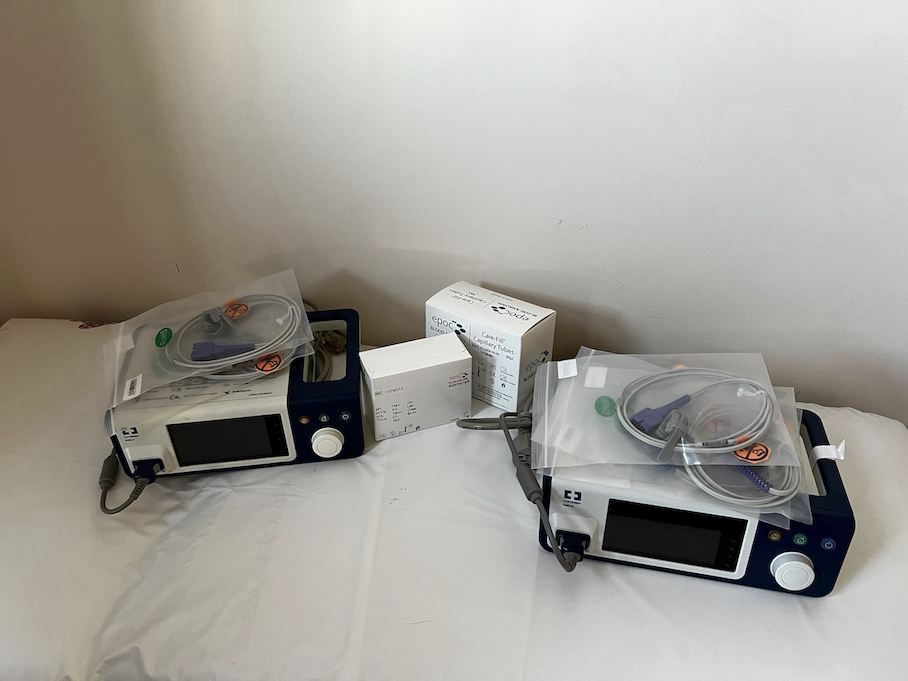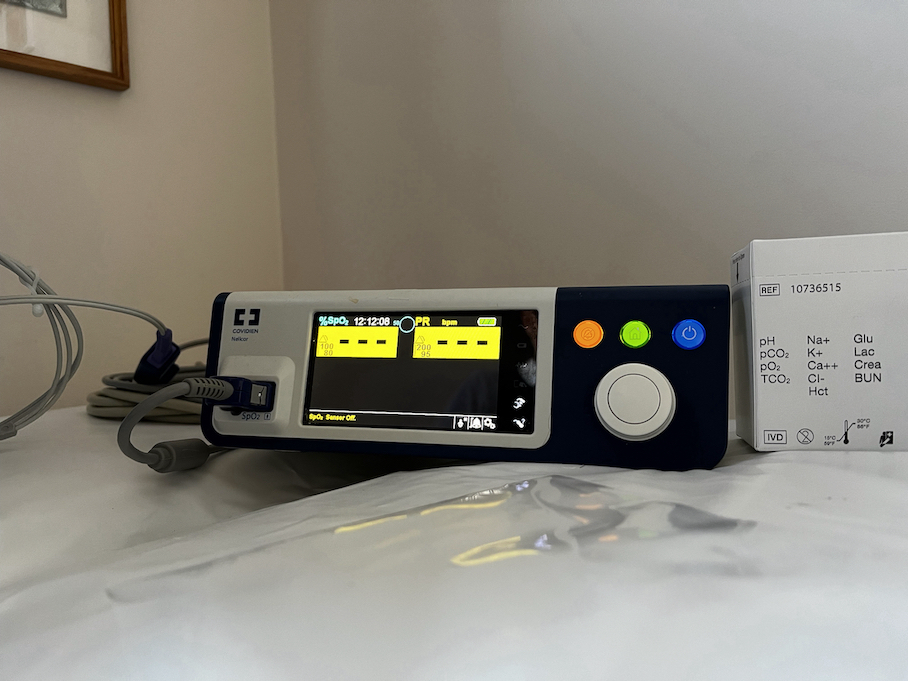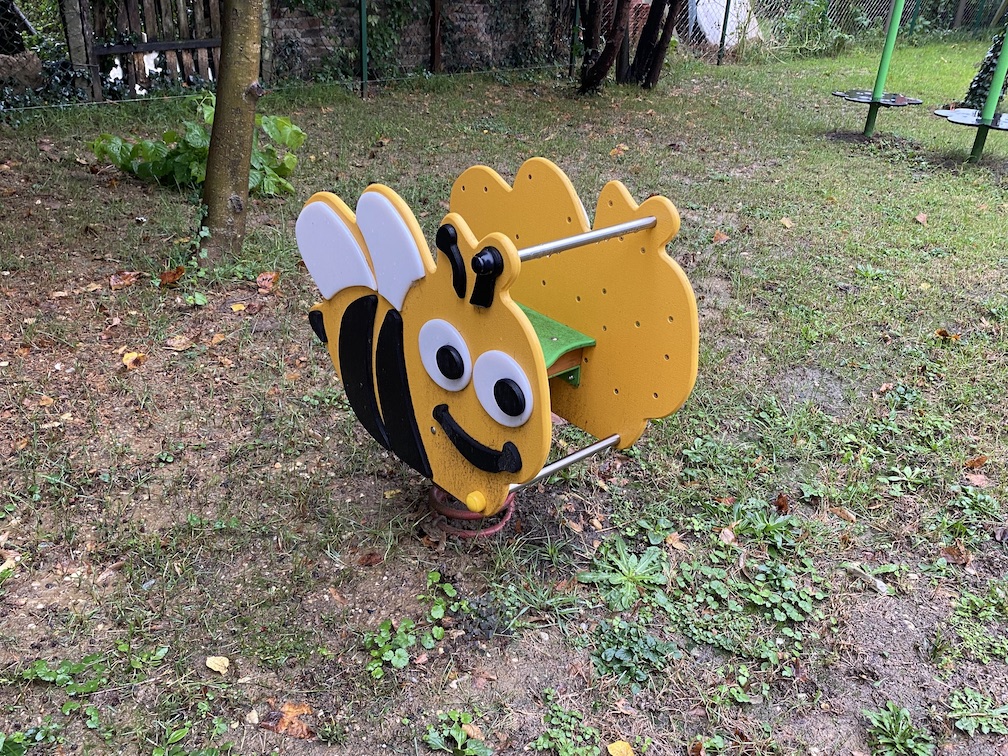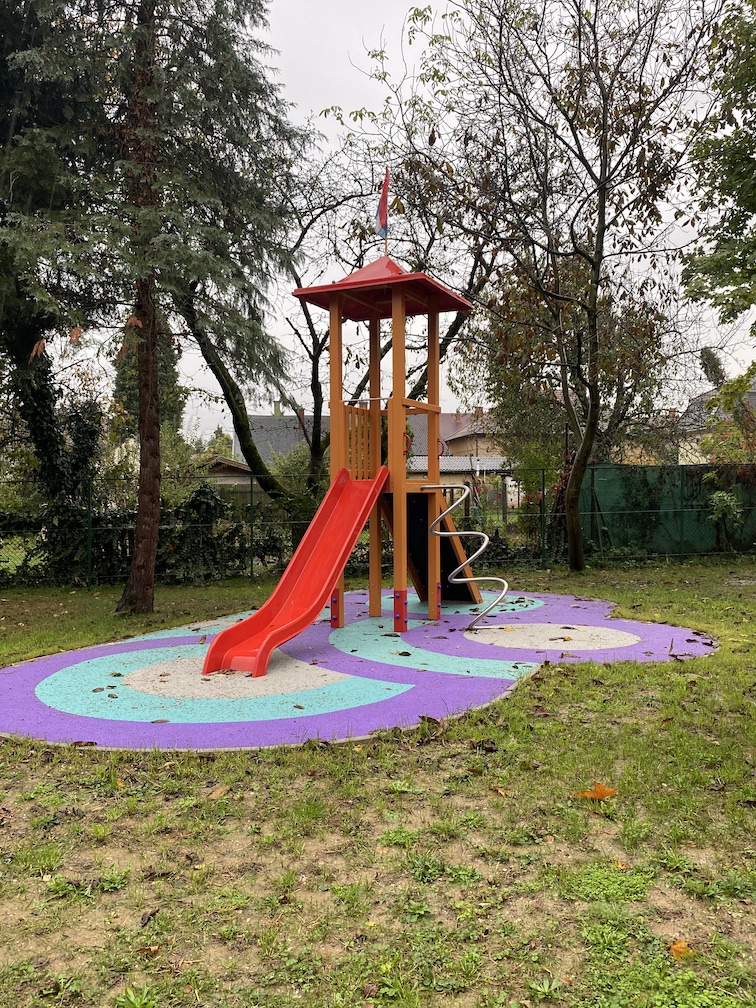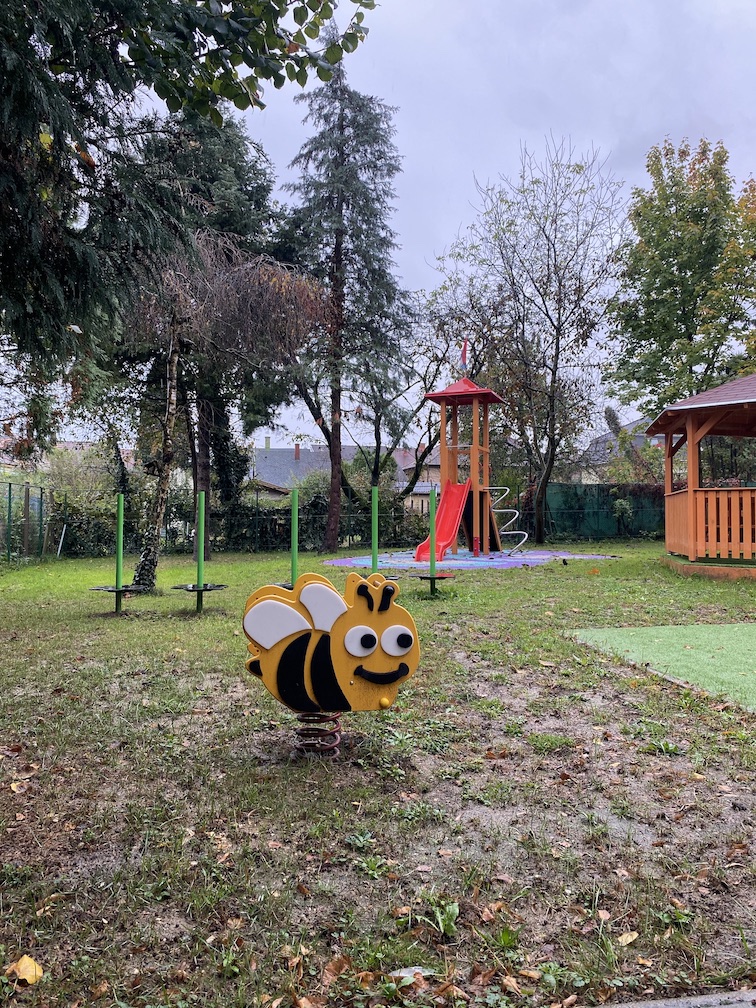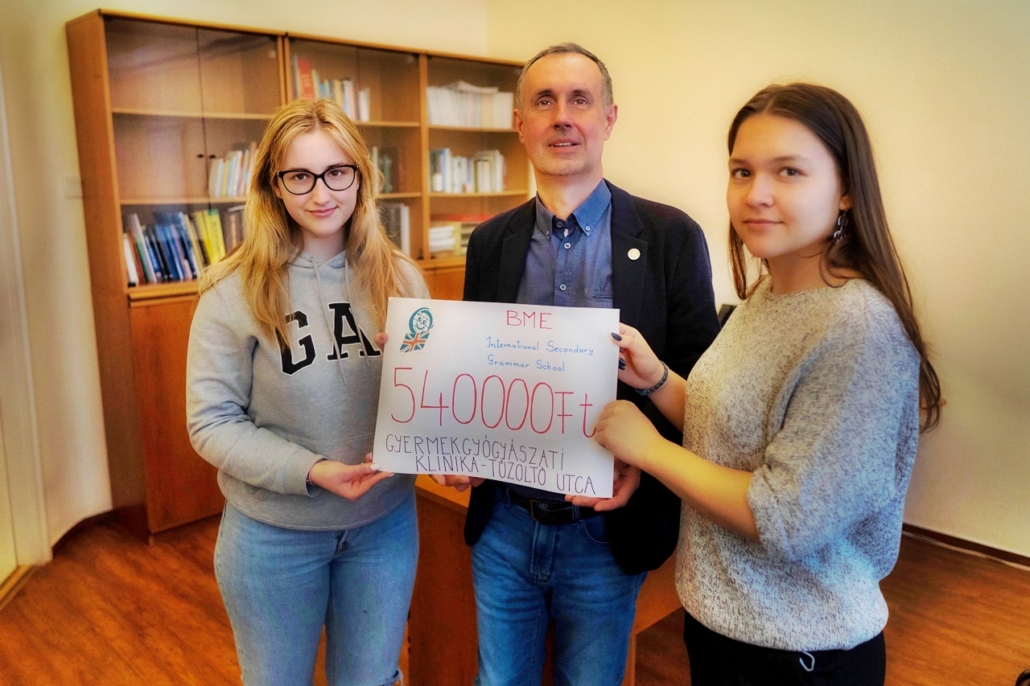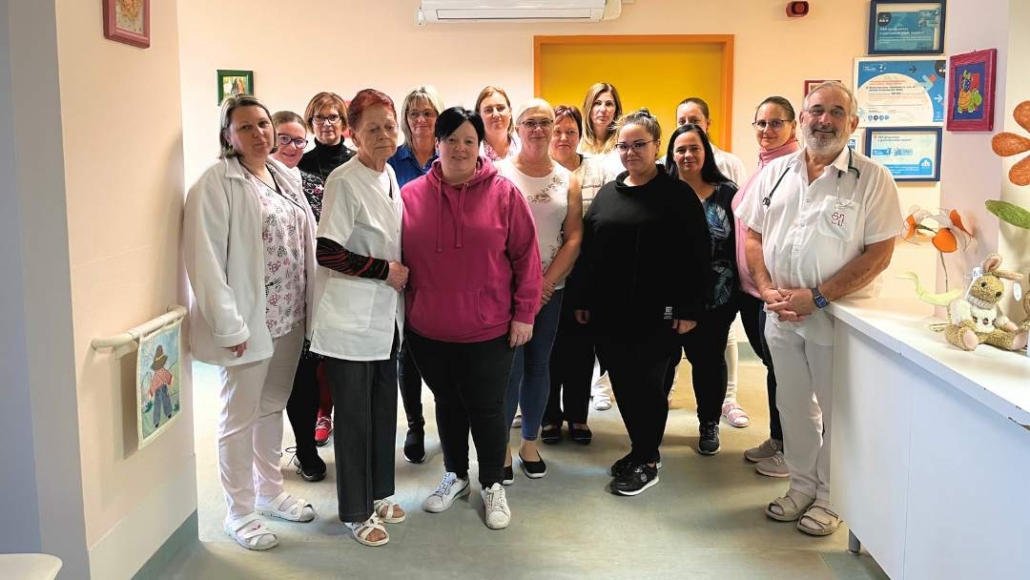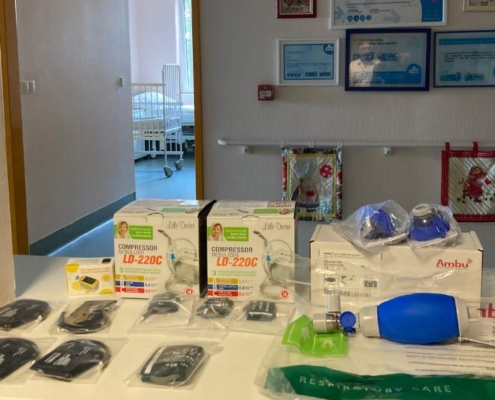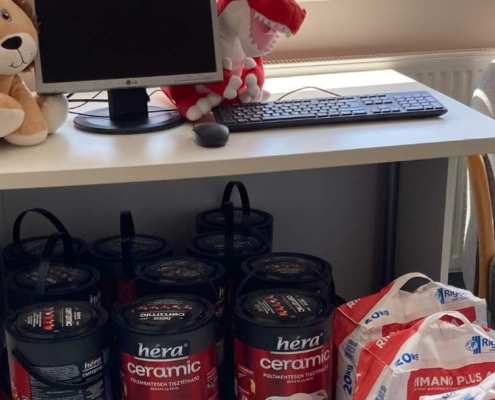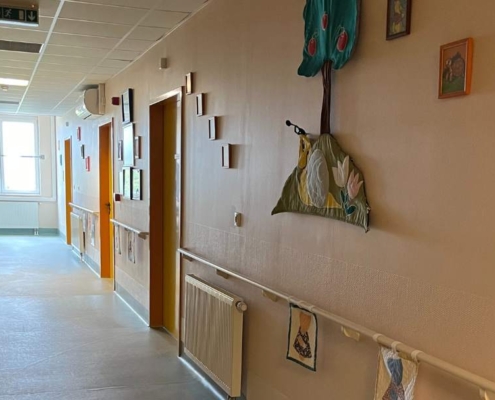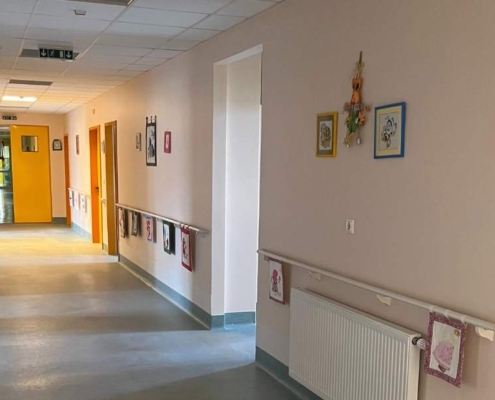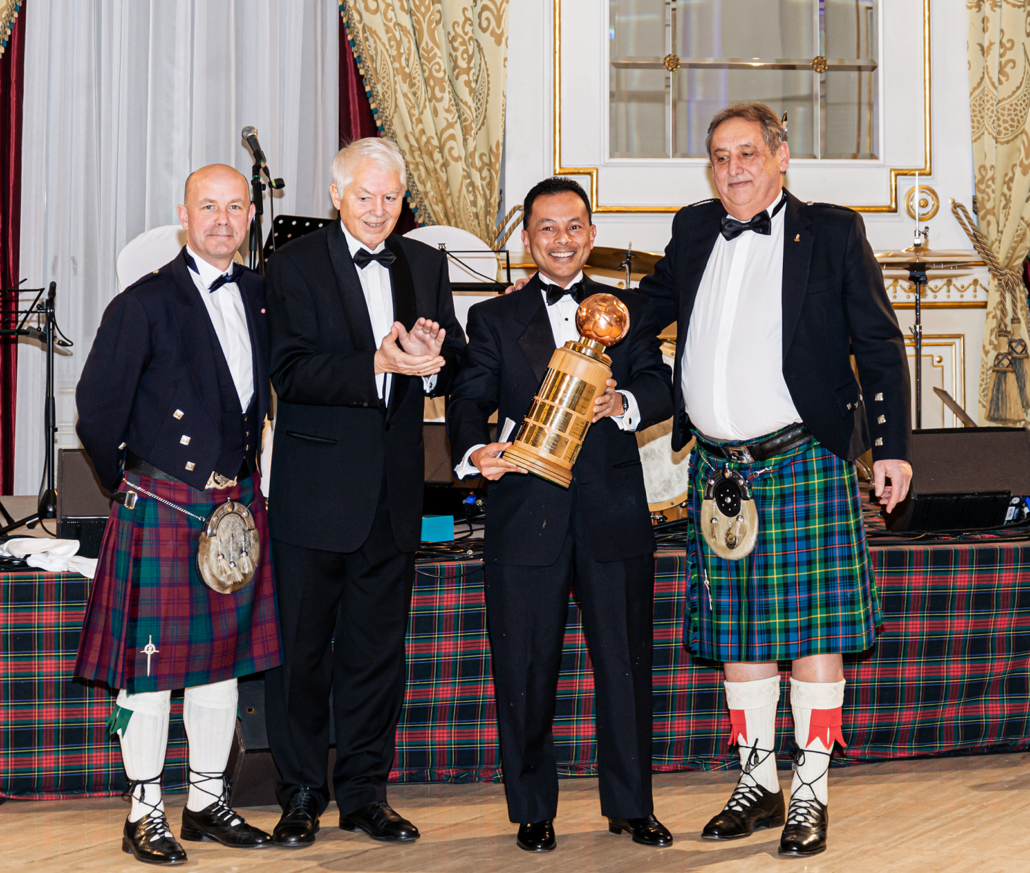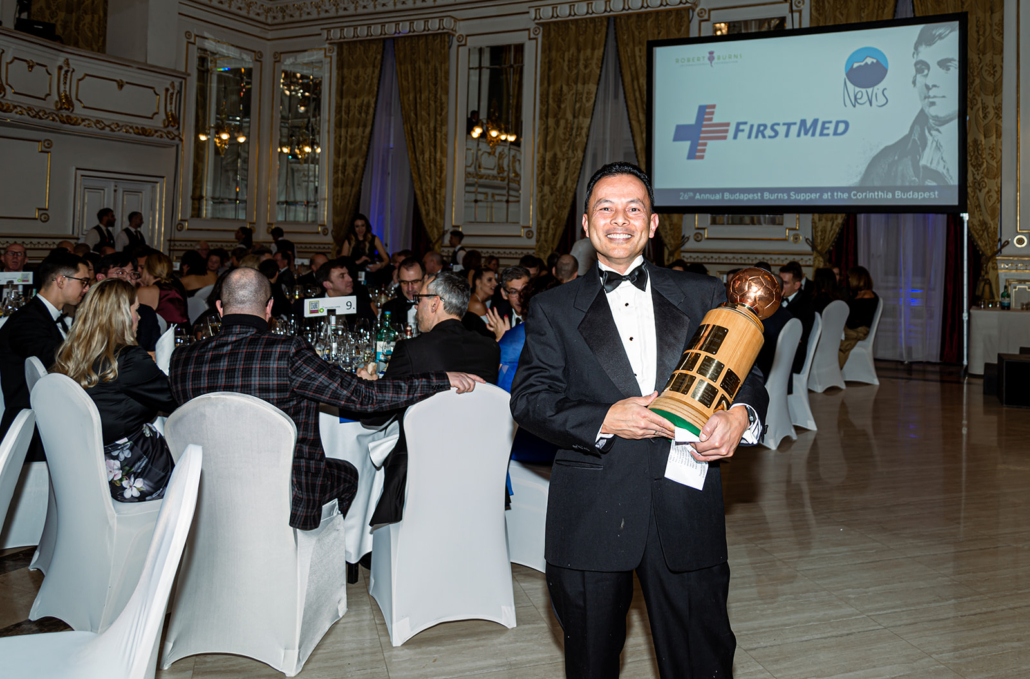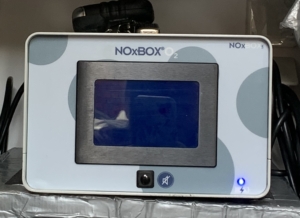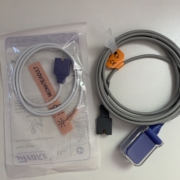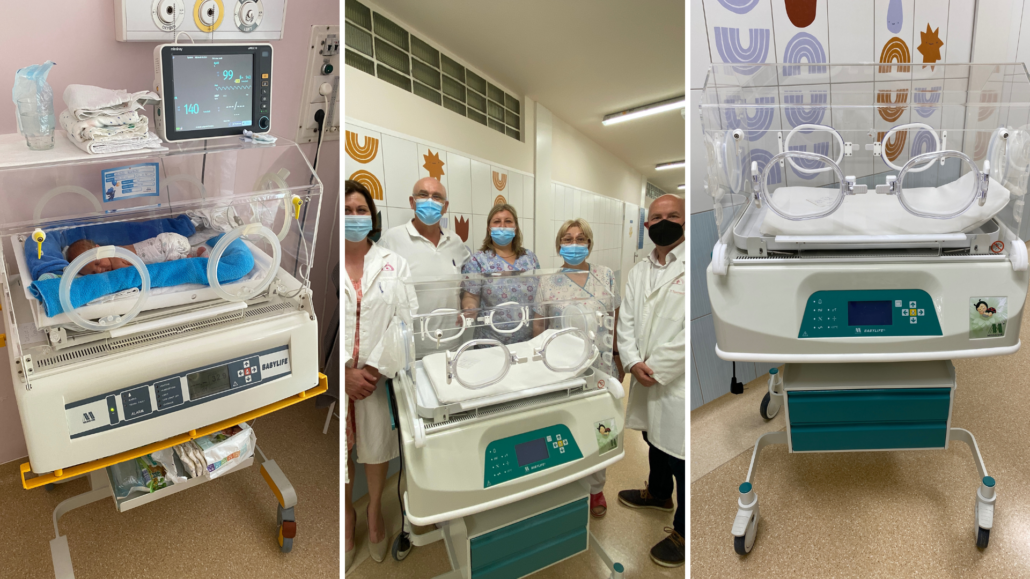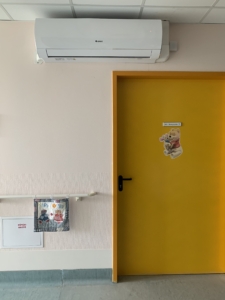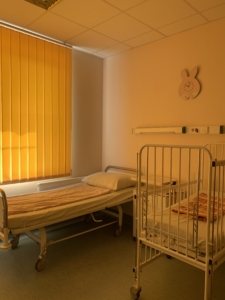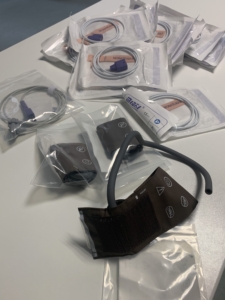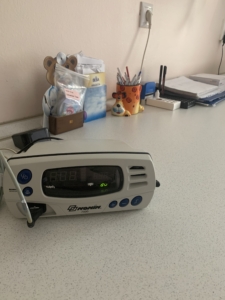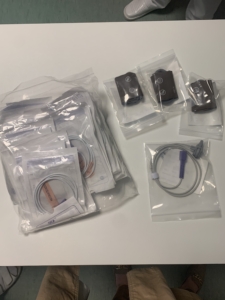For many years now as part of our SME Sponsorship Scheme, and in collaboration with FirstMed Centers, the Robert Burns International Foundation has supported the Infant and Paediatric Department at the Szent Rafael Hospital in Zalaegerszeg.
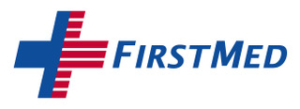
This hospital not only functions as a health-care institution for the 60,000 people who live in this town situated in the south-west of Hungary in Zala county, it is also the main hospital for the surrounding area, and accepts patients from throughout western Hungary, and even from across Hungary’s borders.
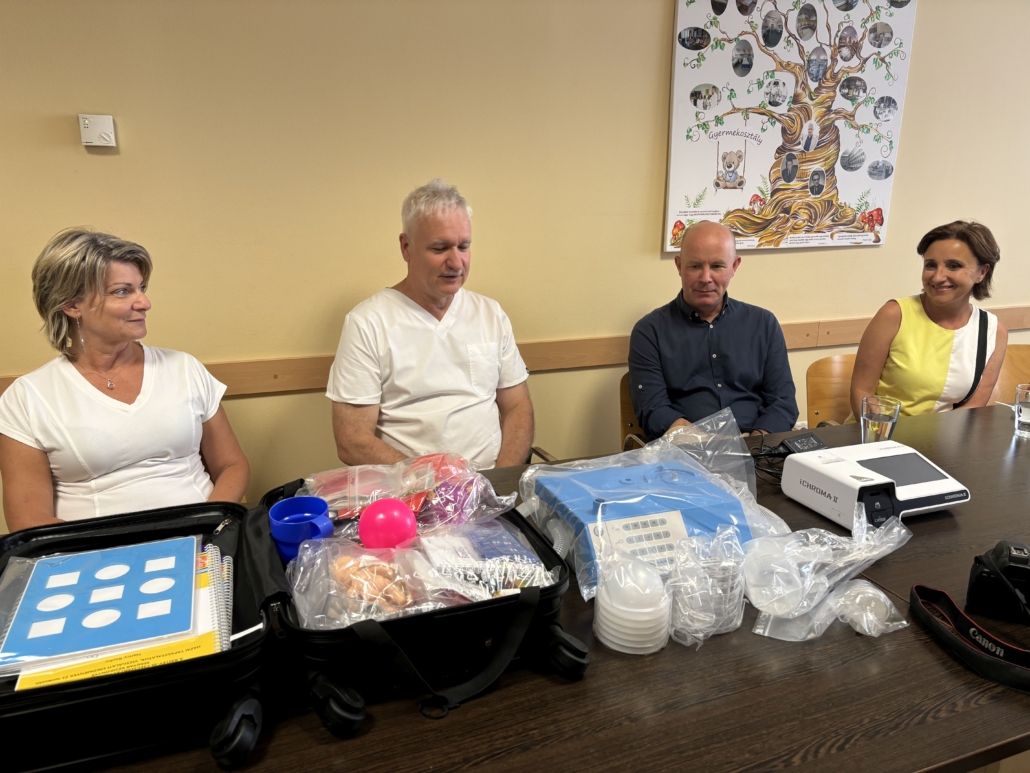
The assistance that we were asked to give in 2024 was directed at three different areas of the paediatric department. The first priority was to acquire a set of equipment enabling the doctors and nurses to perform Bayley III assessments.
As explained by Consultant Physician Dr. László Gárdos,
the Bayley III test assesses the development of infants and young children from one month to 3.5 years of age. It provides detailed information on children’s cognitive, language and motor functions, social and emotional reactions. The test helps to identify delayed development and provides information for planning necessary interventions.
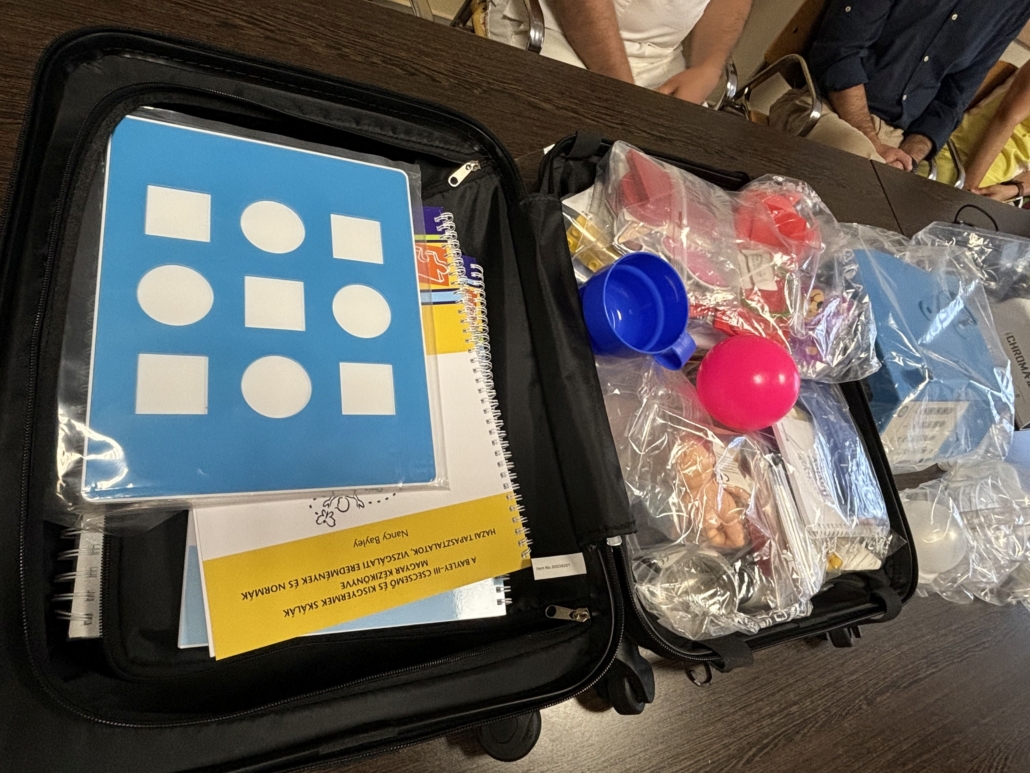 The second area the RBIF was able to help in 2024 was with the purchase of an ultrasonic drug nebuliser. This device is used to treat respiratory diseases effectively. By inhaling the drug in a nebulised form, the drug is delivered to the lowest airways. This technology can significantly increase the effectiveness of the therapy.
The second area the RBIF was able to help in 2024 was with the purchase of an ultrasonic drug nebuliser. This device is used to treat respiratory diseases effectively. By inhaling the drug in a nebulised form, the drug is delivered to the lowest airways. This technology can significantly increase the effectiveness of the therapy.
Finally, we financed the purchase of a stool calprotectin analyser.
This device is a great help in the care and treatment of patients with inflammatory bowel disease, and indeed with diagnosing the disease. The extent of inflammation in the gut can be assessed by using the analyser – explained Dr. Gárdos.
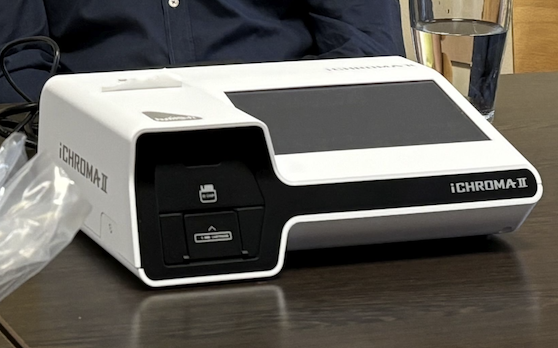
The relationship we have with the Szent Rafael Hospital in Zalaegerszeg is in fact a three-way partnership, as from the very outset we have teamed up with Dennis Diokno and his team at FirstMed in providing this much-needed assistance. Our thanks to them for continuing to support us in the SME Sponsorship Scheme so we can facilitate these improvements at the hospital in Zalaegerszeg every year.
